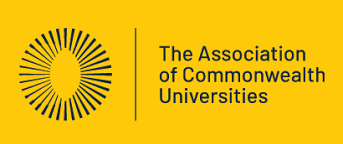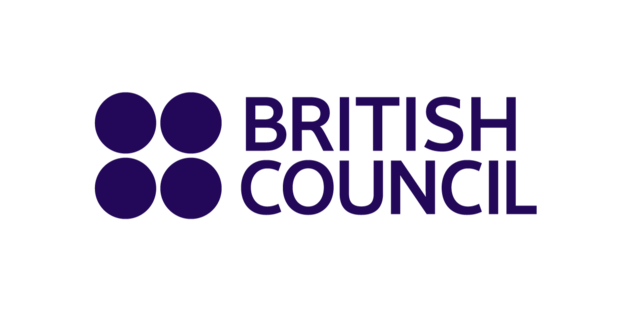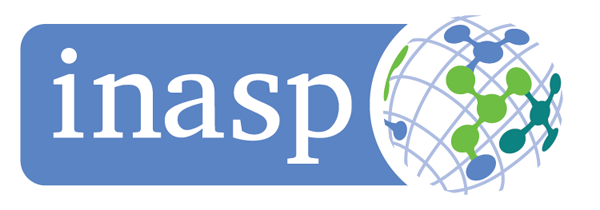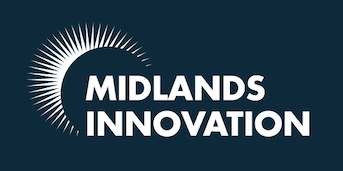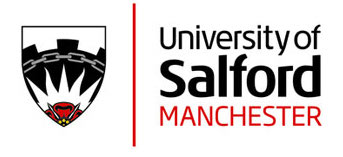Projects & Partners
4Sciences is working with universities, funders and other international organisations in the higher education sector on supporting sustainable change and research excellence. Please find an overview of some recent projects below:
A review of the Overheads funding on grants outside the UK University sector – for Wellcome
Wellcome commissioned 4Sciences Group Ltd. to undertake a review of international overhead practices of funders and their implications for research performing organisations (RPOs).
The review comprised a review of a jointly selected set of comparator funder approaches and interviews with both funders and research performing organisations (RPO). The results from this qualitative phase fed into the design of a survey distributed to RPOs across the globe, eliciting 187 responses. The study was supported by a review of academic and grey literature and two workshops with Wellcome stakeholders.
The review researched different overhead models in the global context, to understand international practices and differences to support Wellcome’s increasingly global funding portfolio. The project was delivered by 4Sciences in collaboration with Kerridge Research Consulting.
“Through their research, 4Sciences and Kerridge Research Consulting delivered valuable data and information that was necessary for us to understand better the global context within which Wellcome operates. With this information, we can make better informed decisions on the impact of our funding across the globe and the incredibly diverse and rich research cultures and environments we wish to invest in.”
ACU Measures Supporting Research Survey – A university benchmarking service for its members
4Sciences worked with the Association of Commonwealth Universities (ACU) supporting the redevelopment of an annual benchmarking exercise exclusively available to its 500+ member universities across the Commonwealth. 4Sciences designed the survey at the core of the benchmarking exercise in close collaboration with the ACU.
The survey enables institutions to compare their research activities and support mechanisms across different institutional and geographical context, thereby enabling benchmarking and best practice sharing.
Among other results, the first round of the survey (taken by 95 organisations across 29 countries) has highlighted the unequal access to research funding and related research support mechanisms. Universities in lower income countries were found to commit more than double the amount of institutional income to supporting research than their counterparts in high income countries and receive 50% less income from industry collaborations.
“We are delighted to announce the results of the ACU Measures Supporting Research Survey, the findings of which provide a unique snapshot into the research support structures, priorities, and provisions that drive university research across the ACU’s global network. Working with 4Sciences during this project has been an incredibly rewarding experience; we were able to draw on Silke’s vast expertise in the survey design and rigour in engaging ACU members through structured workshops to deliver an effective and inclusive service. Her timely support throughout has been integral to its success, and we look forward to working with 4Sciences again at the earliest opportunity.”
A multidimensional review of the research and enterprise culture at the University of Salford
4Sciences worked with colleagues from Research Consulting (link) to conduct a multidimensional review of the research and enterprise culture at the University of Salford and provide recommendations that would enhance the university’s research environment, enabling staff development and the university to achieve its strategic aims.
We conducted a number of interviews with stakeholders at the university and facilitated 10 themed focus group with 79 researchers, technicians and research support staff participating. The review was supported by desk research including sector practices, internal university policies and KEF and KEF performance data.
The report made a number of recommendations to support an enhanced research culture.
Science, Perceptions and International Trust Research Project – for the British Council
4Sciences worked as part of a consortium led by Research Consulting to explore the relationship(s) between international trust and collaboration in higher education and science. The study focused on DAC-listed countries and aimed to explore:
- The benefits for countries of supporting and encouraging international collaboration in science.
- The parameters that enable (or constrain) successful international collaborations and the prerequisites for their creation.
- How international collaborations in science (whether at student or research level) strengthen trust in and attraction of a country.
Based on a quick scoping review of literature and existing evidence base, an in-depth analysis of British Council, HESA, SciVal and UNESCO data as well as key informant interviews in ten comparator countries, the research project conducted a systems level analysis to investigate collaborative patterns in the global research landscape, the drivers behind these and the role that developing countries play. The project explores how collaborations can be embedded in wider partnership agendas and how asymmetrical relationships can be avoided to establish mutually beneficial partnerships and sustainable impact.
The final report investigates how scientific research can be leveraged to promote international cooperation and trust, at a time where both funding and trust is increasingly uncertain and in flux. The report makes the case for investment in mutually beneficial research collaborations with low- and middle-income countries (LMICs) based on equitable partnerships. Recognition of local contexts and voices and co-creation of projects will greatly strengthen trust and support building of long-term partnerships.
“Research Consulting and 4Sciences brought significant rigour to the delivery of a challenging project and their reporting outputs are excellent. A disciplined approach to project management kept us informed and on track against a very tight delivery timescale. Regular catch-ups kept the British Council team engaged in the progress and highlighted how the evidence was addressing the brief, allowing us to agree changes in focus to reflect the emerging evidence.”
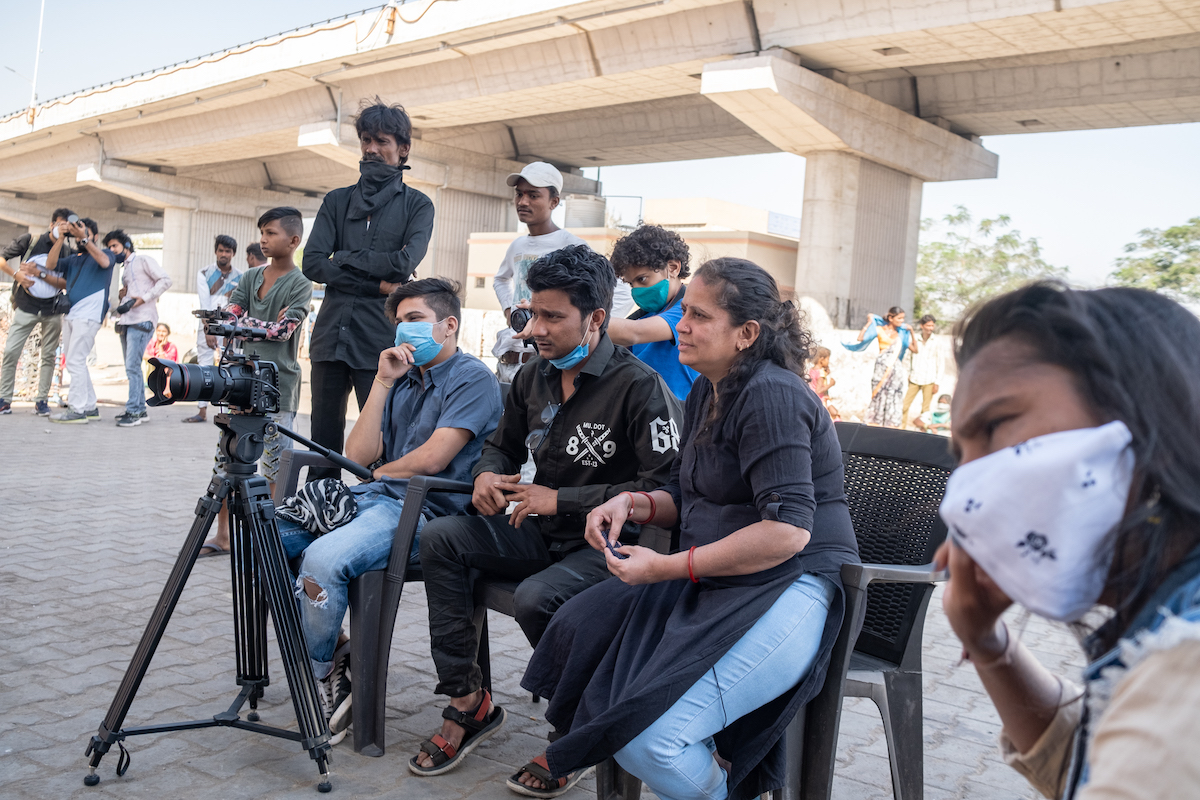
Evaluation & summative assessment – University of Leicester’s GCRF strategy
4Sciences has conducted an evaluation of the implementation of the University of Leicester’s Global Challenges Research Fund (GCRF) Strategy (2018-2021) to help shape future development research strategy at the University and support reporting to Research England. The report assesses how QR GCRF funding has been used and interventions taken against key performance indicators (KPIs) defined in the University’s strategy.
The study conducted a quantitative data analysis of secondary data collated by the University related to outputs and outcomes linked to the KPIs of the GCRF strategy, annual submissions to Research England’s monitoring exercise, as well as key informant interviews, impact case studies and contributions to REF 2021.
The evaluation could establish strong evidence of a significantly grown development research portfolio at the University, now accounting for more than 4% of externally funded research activities. Tailored and strategic support has shown to significantly contribute to the success of applications and programmes. Continuous support seems vital to realise their impact potential over the coming years.
It is visible that the University has put equality of partnerships at the core of its interventions rather than aiming for short-term gains. Key performance indicators (KPIs) chosen have shown some limitations, partly owed to lack of in-house systems. They also do not consider the cyclic nature of research, thereby making it difficult to attribute outcomes to interventions.

